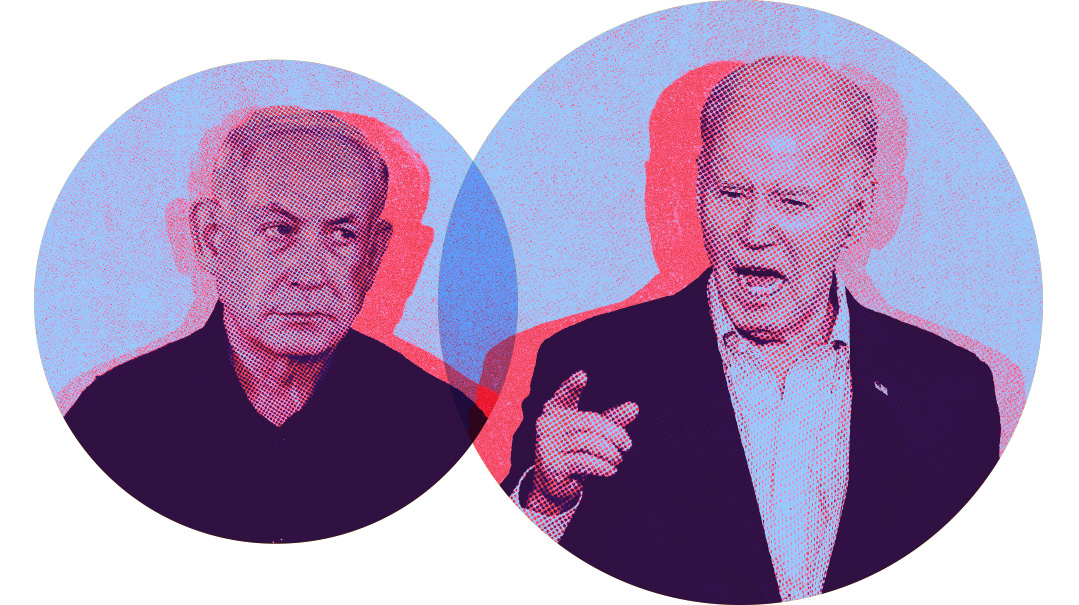Bracing for a Head-On Collision

The question is how the coalition will react to these expected rulings. Do they cave, or do they fight back?

Photo: Flash90
September is judgment month for the Netanyahu coalition, with its controversial and ambitious plans for judicial reform and even its political legitimacy on the line.
The High Court of Justice will hear the first of three cases this week that would force Justice Minister Yariv Levin, against his will, to convene the judicial selection panel to choose the two new justices who will replace Court President Esther Hayut and Justice Anat Baron, who are retiring next month. Hayut and Baron are two of the court’s most liberal justices. Levin has been stalling to give the Netanyahu government time to change the makeup of the selection panel to improve the chances of appointing conservative judges.
The High Court will also hear appeals filed by left-wing citizens’ groups who want the court to strike down or delay the implementation of two new laws. One would limit judges from overruling Knesset legislation or cabinet-level decisions if they deem them to be “unreasonable,” and the other would strip the attorney general of the power to suspend a sitting prime minister.
The legal issues are debatable, and each side has strong arguments. The overriding issue at play here is who makes the final decisions: a government elected by the majority in a free and fair democratic vote, or an unelected judiciary, answerable only to themselves?
The Court’s backs are to the wall. The instinct of self-preservation is strong, and this is also the last chance for retiring Court President Esther Hayut to cement her liberal legacy.
If the High Court rejects the appeals, the Knesset and the Netanyahu coalition will have asserted the supremacy of the legislature over the judiciary. The court would ultimately lose its longstanding liberal majority, forfeit the veto power it has often wielded since the 1990s to overrule the Knesset, and vastly reduce the power of an invincible attorney general, whose every decision is final and must be obeyed.
The question is how the coalition will react to these expected rulings. Do they cave, or do they fight back?
The government may have a 64-seat majority, but it is composed of five different parties, with differing priorities, and in some cases racked with internal dissension and political rivalries. It’s hard to envision them maintaining solidarity in the face of High Court overrules and a defiant opposition that shows no signs of fatigue.
(Originally featured in Mishpacha, Issue 977)
Oops! We could not locate your form.







